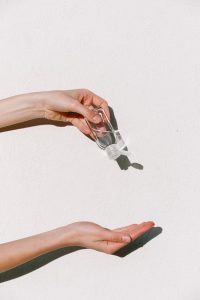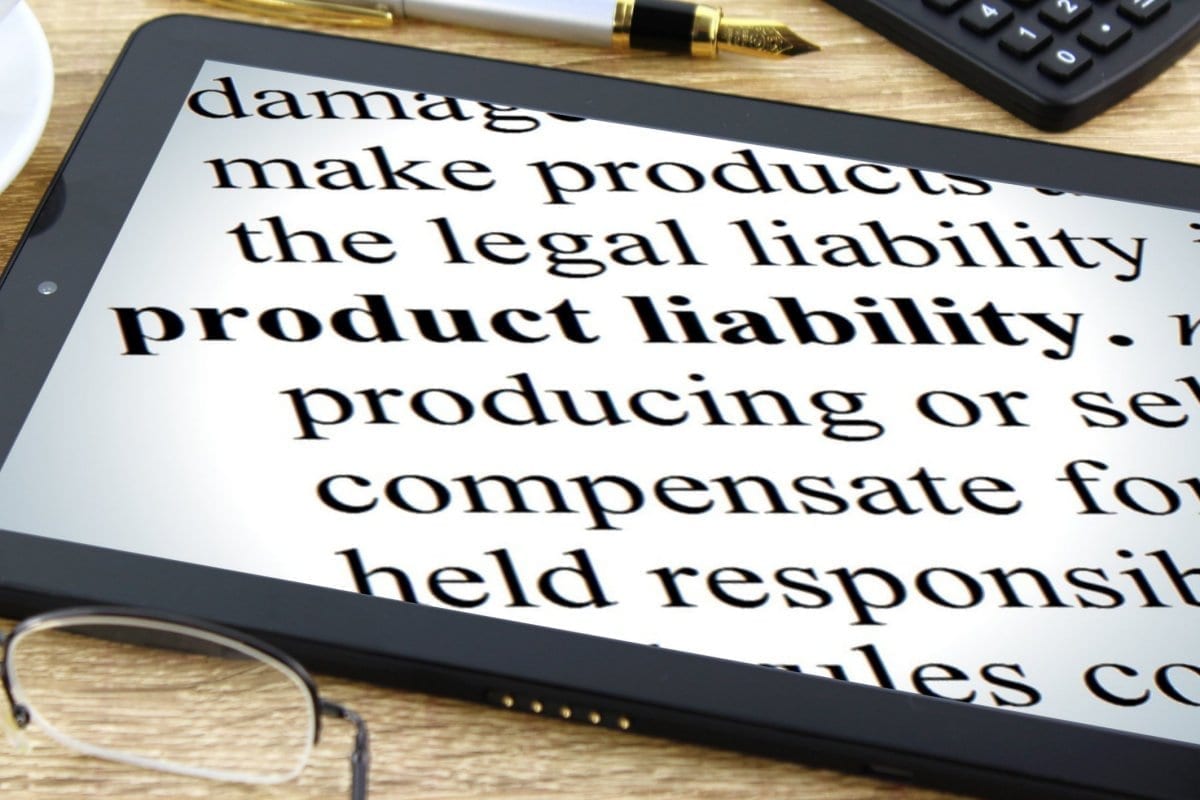Ikea US Retail LLC is facing a proposed class action in Pennsylvania federal court alleging it carried out a “weak” recall of dressers that are prone to tipping over and have resulted in injuries to and deaths of children.
Warranty. Aside from quality and quantity, consumers consider this as their assurance in buying a product. A product warranty is the guarantee a manufacturer of a product gives to the customer and what compensation they will get if the product does not perform as advertised.
Product liability refers to a manufacturer or seller being held liable for placing a defective product into the hands of a consumer.
US laws on product liability
If a product or any of its parts are defective, its manufacturer may be liable for damage under the Consumer Protection Act (CPA).
Under US product liability law, manufacturers, distributors, suppliers, retailers, and others who make products available to the public can be held responsible for the injuries caused by those products.
Who can claim product liability?
Any consumer, user, or bystander who gets injured by a product that is defective or unreasonably dangerous, can file a claim against the producer or anyone else in the supply chain responsible for that injury.
Here are some example of product liability cases in the USA in 2020:
The US Food and Drug Administration slapped the maker of Purell with a warning letter telling it to stop marketing the hand sanitizer as reducing or preventing diseases, including the Ebola virus and the flu.
Shortly after, Purell maker Gojo Industries Inc. was sued in New York federal court by consumers seeking to represent a nationwide class claiming the Ohio-based company violated consumer protection laws by marketing its Healthcare Advanced Hand Sanitizer product line as effective for reducing the spread of viruses.

Another hand sanitizer company, Vi-Jon, was sued in California federal court allegedly of falsely claiming that its hand sanitizer Germ-X can fight off the coronavirus. The consumers pointed out that the advertisements of Germ-X were misleading with the use of words, images, and links.
Ikea US Retail LLC is facing a proposed class action in Pennsylvania federal court alleging it carried out a “weak” recall of dressers that are prone to tipping over and have resulted in injuries to and deaths of children. And, instead of providing cash refunds for the dressers as promised, many consumers instead received Ikea gift cards, according to the complaint.
What is the company’s defense against a claim?
Certain other defenses may vary from state to state and should be discussed with a product liability lawyer.
Products liability lawyers handle injuries resulting from defective consumer products like airbags, guns, lawnmowers, football helmets, etc.
Courts have held that a manufacturer may be relieved of liability for injury caused by a product in a defective condition unreasonably dangerous to the user or consumer or his property only if:
- The item considered as altered after it left the manufacturers control
- The modifications were not foreseeable to the producer. For example, a washing machine maker will not be liable if someone takes a bath in its washing machine and gets injured
- The changes to the product were a superseding cause of the users’ injury (the seller is not liable if a safe product is made unsafe by subsequent modifications).
Additional defenses to product Liability
A defendant in a product liability action can raise many of the traditional torts defenses.
A product liability tort is a legal term describing a violation where one person causes damage, injury, or harm to another person. The infringement may result from intentional actions, a breach of duty as in negligence, or a violation of statutes.
A plaintiff’s negligence will not defeat a strict liability claim. However, it may reduce the potential damages based upon the degree of the party’s comparative fault.
For example, a beer distiller will not hold liable if someone gets drunk from drinking its beer.
Another is experimental drugs. It obviously might cause you danger, but if the risk is known and the public is warned with properly packaging and labels, neither the producer nor the seller will be strictly liable for making available such a product.
Product liability insurance costs
Regardless of policy limits, the median cost of general liability insurance is $42 per month ($500 annually). The median cost offers a more accurate estimate of what your business is likely to pay than the average cost of business insurance because it excludes outlier high and low premiums.
Most small business owners (48%) pay between $300 and $600 annually for their policies, and 17% pay less than $300. These figures were derived from an analysis of thousands of insurance policies purchased by Insureon small business customers.
Pricing does, however, vary depending on several factors, including:
- Industry. Businesses that operate in high-risk industries, like pharmaceuticals, can expect to pay more in premiums.
- Product. Businesses that develop high-risk products, like insecticides or firearms, can expect to pay more in premiums.
- Annual sales. The more product you sell, the more risk exposure your company faces, resulting in higher premiums.
- Business Stream Area. Depending on where your business sits in the overall stream of commerce, you may be at higher risk for liability. Manufacturers will generally have higher premiums than a company further down the supply chain.
- Claims history. As with most insurance policies, a history of frequent claims will inevitably increase your premiums.
- Coverage limits. The higher your coverage limits are, the more you will pay in premiums.
For you to get an accurate estimate on pricing, it is best to get a quote from a reputable insurance company.
Last word
As a business owner, you should always aim to provide the best quality products for your customers. A good marketing campaign will help you to sell, but ensures that your business will not fall liable for a faulty product. The massive production of an item due to demand will measure the quality of the item you will produce. There is no possible way to guarantee every single product that you sell is good at all times.
That is why Product Liability Insurance is essential for protecting your business from financial risk that you may incur due to one faulty product. It will defend you in case of allegations regarding your products but also, giving you a worry free feeling for producing new products.
With all the above, how about food? Does it have a warranty as well? For further questions about Product Liability Insurance, feel free to contact an Attorney or a Law firm for briefing and consultations. It is better to be proactive than passive.


Join the conversation!